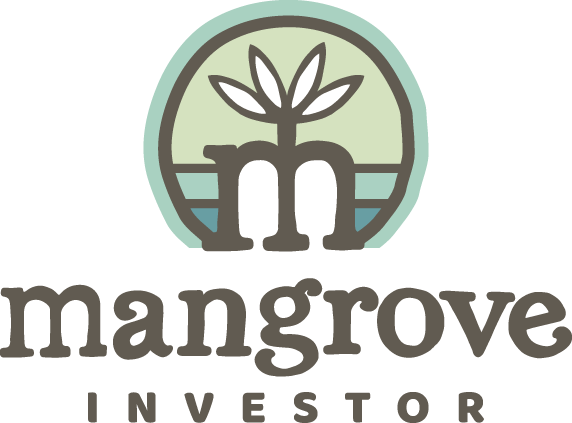

2 Simple Things Every Investor Must Do to Succeed
“We need to always cut our losses short and always let our winners run. That’s the single hardest thing to do in investing. How do you know when to sell?“
I blinked. It was my first week on the job. The speaker hit on something that I was struggling with at that very moment.
I left a geoscience Ph.D. program (happily) to work at a small, indie investment research firm. My mentor was the co-founder, a former hedge fund manager who held a Ph.D. in finance.
He guided my first steps as an investor and investment researcher. And the first thing he made me do was scrape together as much money as I could (it wasn’t much) and open a trading account. Then he turned me loose.
I made every mistake a novice investor could. I bought popular stocks – stuff I read about in the Wall Street Journal or on the internet. And once I owned them, I didn’t know what to do next.
But I learned. And I improved.
I still remember the first time I closed a trade, up several hundred percent. After I sold it, I kept looking at my account balance. It was such a rush.
That position went up so far because I had the conviction to hold. And I finally sold because it pulled back off its high. I didn’t grab the whole bottom to top, but I was thrilled with my gain.
That little indie firm I worked at went on to become the publicly traded investment research firm MarketWise (Nasdaq: MKTW). I was there from 2005 to 2017. And during that time, I learned a lot of secrets about being a successful investor.
Interestingly, my mentor and I spent a lot of time talking about emotions rather than stocks. Because the stock market is the ultimate “herd” mentality.
Stocks move on two main emotions: greed and fear. The biggest problem most investors face is that those two emotions kick in at exactly the wrong times in the market cycle.
One of the keys is to remove emotion from the process. My mentor put it like this…
“Imagine your stock portfolio is a garden. Your winners are flowers, and your losers are weeds. Most investors sell their winners but carry their losers. That makes the ugliest garden ever. And it’s a terrible portfolio management strategy.”
Many investors hang on too long because they can’t bear to take a loss. They hope their shares will recover.
But hope isn’t a winning investment strategy. And taking big losses will kill your portfolio.
So my friend showed me how to use a simple formula to figure out when to sell. And it changed everything.
Owning stocks isn’t enough. You have to have an exit plan. Once you know the formula, you have a plan. You know when to hold your stocks and when to sell.
It removes all the uncertainty (and fear) which lets us sleep well at night. I wrote about the specifics of that secret formula here.
As an investor, you must be prepared to be wrong.
Meb Faber, the co-founder and chief investment officer of Cambria Investment Management, is one of my favorite authors and podcast hosts.
He does a lot of historical studies, and he’s shown many times that every asset class suffered huge, double-digit losses in the last 100 years. Every single one.
There is no safe space in the stock market. The trick is to be prepared. You have to have a plan.
Know why you’ll sell and stick to it. Keep your losses small, and your portfolio will grow.
Good Investing,
Matt Badiali


